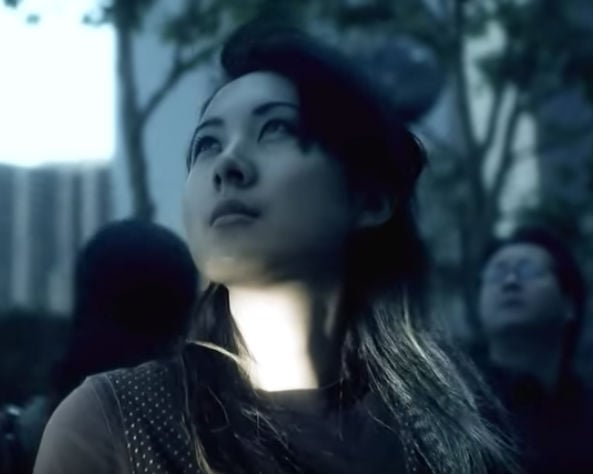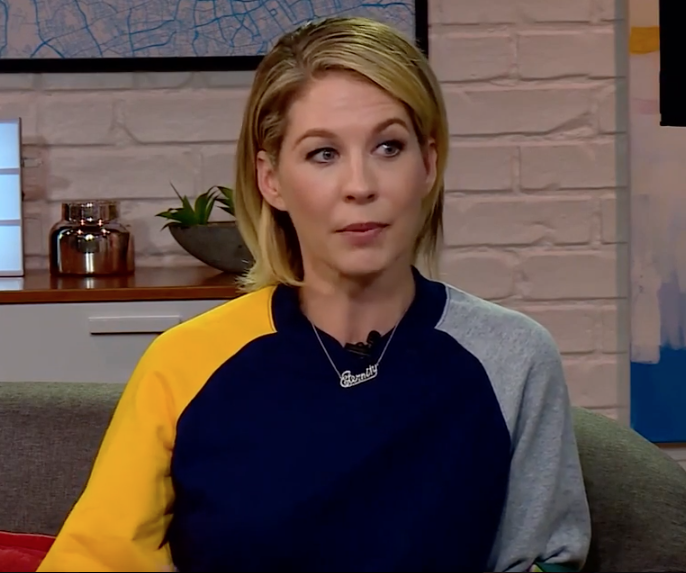There is one extremely key aspect of how Scientologists approach parenting which is beautifully depicted in the video for the free on-line Scientology course on Children, available here.
It’s the simple fact that any law that applies to the behaviour of men and women also applies to children. It’s a datum that becomes more and more profound the more you think about it – and certainly the more you consider those laws that do apply to men and women – and also to that body of knowledge which covers the interaction of people in groups.
One that I’ve been seeing more and more of as my toddler gets more competent, is the action of something that Scientologists call the Condition of Danger.
The Danger Condition
To understand where this post is going, it’s important to understand the concept of the Condition of Danger. Rather than attempt to sum it up in this post, this video explains it beautifully:
This video gives you the essence of each of the Conditions, but specifically the Condition of Danger, where the baker steps in when his junior baker doesn’t know how to make a proper muffin, and then does his work for him. In an unfortunate number of occasions, in the real world, the senior baker would just end up copping the work the junior baker couldn’t handle, and would either fire him, or remain an overworked mess. The way out is through wittingly or unwittingly doing the steps of the Danger formula.
Applying the Danger Formula to Parenting
L. Ron Hubbard had a lot to say about the Condition of Danger, and it was an important topic in a number of his essays on management. He brought up frequently not only the need to execute the Danger formula fully if a dangerous situation is encountered, but more importantly, how to avoid such conditions in the first place.
In one such essay he wrote, written on 19 January 1966 and entitled, Danger Condition – Responsibilities of Declaring, Mr. Hubbard says:
“…if you habitually do the work of others on a bypass, you will of course inherit all the work. This is the answer to the overworked executive. He or she bypasses. It’s a simple as that. If an executive habitually bypasses, he or she will then become overworked.” — LRH
Simple enough to see in the context of an organization, or for that baker in the film above. But think of it in terms of being a parent. If you are always telling your child that you’re “late for work” or “late for school” each morning, and as such always have to put your kids clothes on for them because they “take too long”, you’ll always be doing that work, and it will never be their job. If you are always cleaning up all their messes and refuse to just allow them to (even if they do a terrible job at it because they’re two years old) – you’ll cop the work they don’t do. I don’t know about most parents, but I’m rather looking forward to not having to do every last scrap of work related to my kids, and am hoping that as time goes on, I’ll be more and more working myself out of a job as a parent – much the same as any executive would want to work himself out of a job of having to do all of the lower jobs under him.
This principle has been absurdly evident for me, with my daughter. She will ferociously defend her ability to do something on her own – be it tying her shoes, cleaning up after she’s spilled something, putting on her undies, buckling her seatbelt, etc. Anything that she knows how to do, and feels that it’s within her purview to actually do it, she wants to do, and without intervention.
But it does seem to be a key point in parenting – and key alignment with what one is generallytrying to do in Scientology counselling: you’re not trying to make the child “obey” or “learn a lesson” or subjugate them or make them less annoying or any other bizarre tack on child-rearing. You’re trying to make it so that they are responsible for themselves, are responsible for their own future, and can move on to create their own life.
As such, the technology contained in Mr. Hubbard’s writings on Danger Conditions is something I feel any parent would do well to study fully, and work out for themselves how to apply to parenting.










